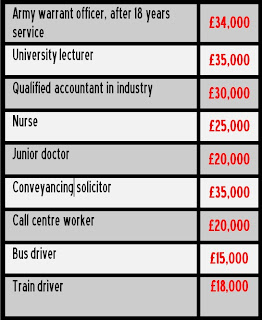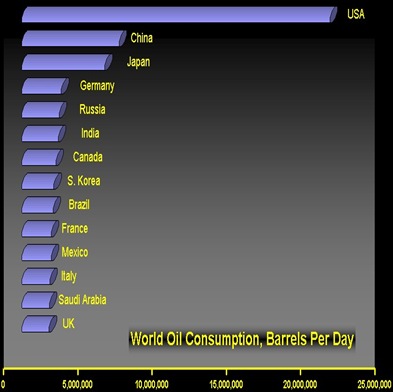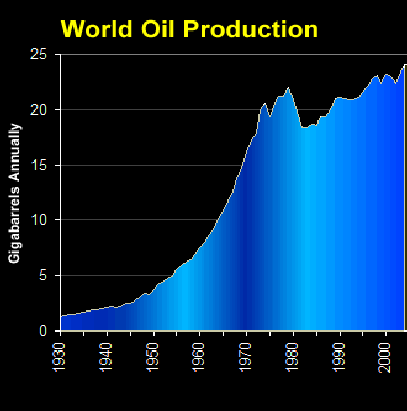 Controversy once more within the comments pages as Labour today announced the introduction of a bill designed to allow 'positive discrimination' in favour of women and ethnic minorities.
Controversy once more within the comments pages as Labour today announced the introduction of a bill designed to allow 'positive discrimination' in favour of women and ethnic minorities.
Harriet Harman wheeled out the latest government addition to the statute book under the guise of an enhancement to equal opportunities laws, but in the eyes of many pundits this is another government miscalculation. Instead of nods of approval for Labour's noble efforts to bring equality to the workplace, there was derision at what is seen by many as another blow for the silent majority. The Daily Express headlined with 'White Men Face Jobs Ban', while a Chartered Institute of Personnel and Development advisor remarked that she thought the bill 'incoherent' and risked introducing a 'box-ticking approach to produce minimum standards in diversity'.
The view that the government is once again going against broad public opinion is evident in the popular press, with commentators regarding it as at best the latest example of political correctness and at worst an unworkable and unnecessary burden on employers.
Why is this bill needed? The government trots out figures suggesting that, 40-odd years after equal pay legislation was brought in, women's pay is still only 87% of men's. But it does not seek to question why that should be. Perhaps because of lower experience due to career breaks, because within a family unit there is often agreement that the roles of 'breadwinner' and 'homemaker' are still largely, and consensually, taken up respectively by men and women. Perhaps because in some roles and environments an aggressive male functions better - in the same way that in others an empathetic female works best. Of course the roles are easily reversed, and often are, but the reasons why men and women find themselves in particular roles and at particular levels of pay are normally far less sinister than the government would have us believe. In 25 years of working in and around a variety of industries I have never encountered sexism in employment selection, either overt or disguised. The fact that there are now more female managers and directors than at any time in commercial and industrial history must be testament to the progress already made, and must raise the question as to whether pushing for more is actually worthwhile. Are the barriers and glass ceilings real or imagined?
Yet the government insists on barging into the labour market with the aim of righting perceived wrongs, while creating more wrongs in the process.
The principle of positive discrimination is a questionable one to start with. It goes against the market's basic right to match skills with remuneration. It also unfairly denies opportunities to individuals who have done everything to deserve consideration for a post, only to lose out because of the demographics of the employer's current workforce.
Imagine a situation where two candidates for a job are equally matched, one male one female. If the employer already has more men than women he/she will be required to show positive discrimination in favour of the female candidate. How can that be equitable? Both candidates had equal abilities and the employer should be forced only to more carefully judge their skill differences, not give way over gender.
A more likely scenario is one in which an employer favours one candidate over another, perhaps on the basis of 'soft' attributes like personality, friendliness, charm, ability to mix with existing staff, enthusiasm or even a 'gut feel' that they are the right fit. However, because of the need to apply a bias to meet equality targets that candidate might still lose out in favour of a lesser applicant who was of the 'right' sex, letting the employer off the hook. Hardly a fair way to employ people.
The aspect of pay has similar difficulties. On paper a man and woman may have similar academic qualities and a similar career history, but that does not make them equally able to do the same job. The ultimate test of what is reasonable pay is what someone is willing to pay you to do the job. If your employer doesn't pay enough, and you think you are good enough, go get another job!
Here we stand at the onset of the most difficult economic period that we have had to face for two decades. When inflation is flaring, unemployment - once in perpetual decline - is now resurgent, with overseas competition already having robbed us of our industry, still champing at the bit to take the rest. What does the government do? It stokes the fires of the unions and militants, arms them with weapons with which to hammer their employing companies, adding to the wage spiral and pushing ever farther away the last vestiges of our competitiveness. They are fiddling with legislation while Britain burns.
Idealism is fine when you are a student, but these politicians should know better now. In the real world people get paid according to their worth to an employer. Forcing an employer to pay over the odds, or to take on the wrong person to meet a political ideal of the perfect workforce demography, is plainly ludicrous.
Harman believes that being seen as 'fair' will place us in a good light in the global market place. She couldn't be more wrong. With much more of this kind of inane legislation we might as well hang up a sign at the border saying 'Great Britain: For sale by the liquidators'.


 The Shell tanker drivers strike continues, and confirms the pernicious attitude of both the drivers themselves and their myopic Unite representatives. Secondary strikes are adding to the disruption, with BP drivers reportedly joining in and secondary picketing sparking up at fuel depots.
The Shell tanker drivers strike continues, and confirms the pernicious attitude of both the drivers themselves and their myopic Unite representatives. Secondary strikes are adding to the disruption, with BP drivers reportedly joining in and secondary picketing sparking up at fuel depots.





























